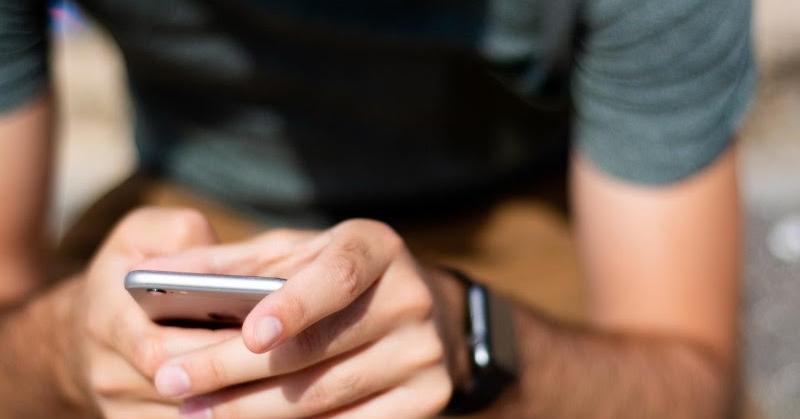Could a little bit of foresight save you money? In the case of these emergencies, yes it can! By preparing for these specific emergencies, you can avoid the costs required to recover from them. Find out how you can manage this.
Locking Yourself Out of the House
Locking yourself out of the house is a frustrating problem, especially during the colder months when you’re desperate to get inside and warm up. You could call up a locksmith for an emergency appointment to help you get back into your house, but this service will cost you. According to Angi.com, you can expect to spend between $60-$200 for emergency locksmith services to get through your front door.
You can avoid this scenario entirely by getting your house a lockbox with a spare key. Place the lockbox by another entrance of your house, which is less visible to anyone on the street. If you ever find yourself locked out, you can unlock the lockbox, grab the spare key and get inside in a minute. There’s no need to wait.
Whatever you do, do not hide a spare key outside of a lockbox. Do not put it in the mailbox, under a planter, under your welcome mat or any other easily accessible hiding spot. This hiding spot may be convenient for you, but it will also be convenient for any burglars who are hoping to make their way into your home when you’re not around. The aftermath of a burglary will cost you a lot more than a lockbox or even an emergency locksmith’s bill ever will.
Frozen Pipes
When the temperatures outside plunge, your plumbing can suffer. The freezing temperatures can force your water pipes to freeze, leaving you without access to running water from sink faucets, showerheads, appliances and even toilets. In this case, you should hire an emergency plumbing service to help you thaw those pipes quickly to get access to your water again. This last-minute plumbing appointment could cost you approximately $100 — and that is, if your frozen pipes stay intact.
Frozen pipes can burst and spill gallons of water all over your home. A single burst pipe could cause thousands of dollars’ worth of water damage.
You can avoid both of these emergency expenses by insulating your water pipes before the outdoor temperatures start to plummet. Insulating your pipes should stop your water pipes from freezing or bursting in the winter.
Smartphone Replacement
You never want to pat down your pockets in a panic, wondering where your smartphone is. Losing your smartphone is a total emergency. You know that you will have to replace it right away, which means you’ll have to shell out a bunch of money for a new phone in a short amount of time.
How can you avoid paying a fortune for a new phone? One thing that you can do is set up a GPS-tracking app on your smartphone so that you can find it when you misplace it. The app will guide you to the location of your phone, where you can hopefully snatch it up, unscathed. For iPhones, you will need the Find My iPhone app. For Android phones, you will need the Find My Device app.
Plus, if you sign up for an extended warranty plan, you could get coverage in cases of smartphone loss or theft. This coverage will of course come with a deductible. For instance, if you get an AppleCare+ extended warranty plan with theft and loss coverage, you will have to pay approximately $149 in service fees and deductibles. That is a fraction of the cost of a new iPhone. So, this could be considered a real relief when you have to get yourself a last-minute replacement.
Preparing for Emergency Expenses
Even with these precautions, emergency expenses can happen. You’ll want to be prepared to pay for them as soon as possible and move forward. The best way to do that is to build up a personal emergency fund. Whenever you’re facing an emergency expense, you can withdraw from the pool of savings in your emergency fund and pay it off.
Without an emergency fund, you might not have enough in your bank account to cover an emergency expense quickly. In that case, you might want to go to a website like CreditFresh to see whether you qualify for an online borrowing solution, like a personal line of credit. With a personal line of credit loan, you could use borrowed funds to cover an emergency expense in a short window of time. Then, once that expense is managed, you could follow a straightforward repayment plan.
Borrowing options like lines of credit should only be considered as backup plans. You should always consider using your personal savings to handle emergencies first.
Sometimes, a little bit of foresight can save you a lot of stress — and money. Follow these tips and do your best to avoid these expensive emergencies from this day forward.
